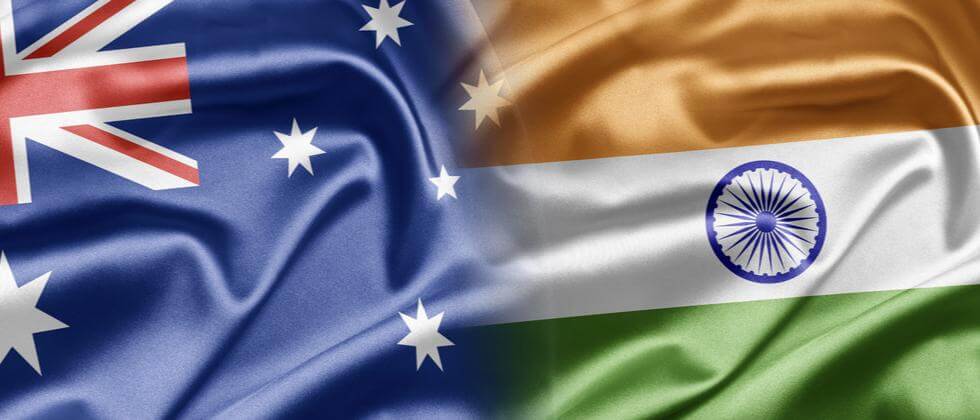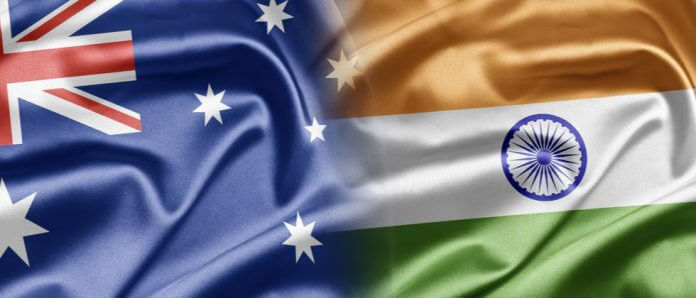
India and Australia on Thursday entered into a comprehensive strategic partnership by signing a wide-ranging joint declaration based on a shared vision for maritime cooperation in the Indo-Pacific region.
The momentous decision was taken by Prime Minister Narendra Modi and his counterpart Scott Morrison during a virtual summit on Thursday.
Prime Minister Modi called it a new model of India-Australia partnership and a new model of conducting business, with which both the countries “aspire to achieve yet new heights in collaboration”.
Morrison said that mutual trust, shared values and common interests between the two countries provide a strong foundation for working together even more closely. His Foreign Minister Marise Payne said that the decisions taken on Thursday marked a major step forward in Australia and India’s security and defence relationships.
The two sides signed a framework arrangement on cyber and cyber-enabled critical technology cooperation and a Memorandum of Understanding (MoU) on cooperation in the field of mining and processing of critical and strategic minerals.
Canberra and New Delhi signed an arrangement for mutual logistics support and implementing arrangements for maritime cooperation in defence, science and technology in the MoU on defence cooperation.
Other MoUs on cooperation in the field of public administration and governance reforms, cooperation in vocational education and training and water resources management were also signed.
Sameer Patil, a fellow at the Mumbai-based policy institute, Gateway House, told us that this cyber diplomacy aligns well with Australia’s cyber cooperation programme, under which Canberra helps Indo-Pacific countries in capacity building on cybercrime prevention and prosecution.
Patil also said that the militaries of both the countries require developing defence technologies, such as technologies related to sensors, propulsion and nano-materials.
“They can work jointly on their development by combining the experience of government defence research laboratories and the efficiency of the private sector. This will also benefit the domestic defence industrial base in both countries.” he said.
India, Patil said, also needs to learn from Australian examples, like the Australian Marine Complex’s Common User Facility at Henderson, near Perth, which offers integrated fabrication and assembly facility infrastructure for its shipbuilding industry — not just defence, but also for oil and gas and ocean mining.
READ ALSO: After becoming part of G7 meet India, Australia to hold virtual summit




